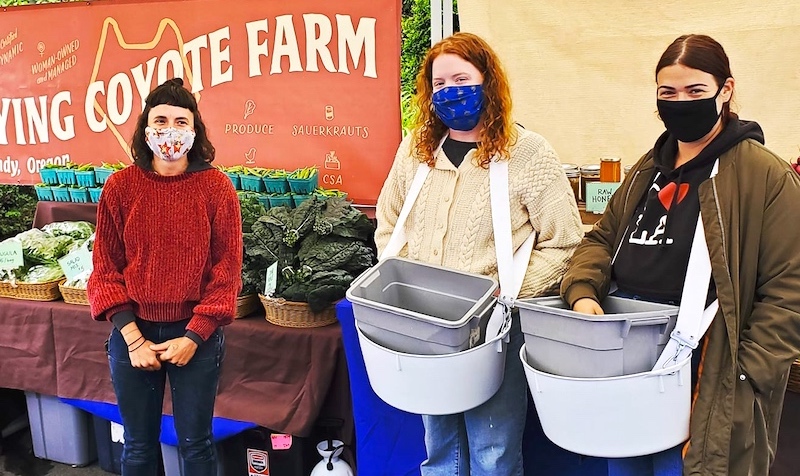
My Proudest Moments: 2020 in Review
I'm not normally a person who lives in the past, sifting through decisions or the lack thereof, weighed down with regrets (not that I don't have some, mind you). I tend to move forward instead, looking at tomorrow with anticipation of what it might bring. So it was with some trepidation that I decided to look at the major stories I posted in 2020, a year, as so many have already said, unlike any other in living memory.
First up, on January 13, was a big moment in the 14 years I've been writing Good Stuff NW, and that was a top-to-bottom redesign of this blog, originally begun as an exercise in a new marketing medium that turned into a whole new career as a journalist.
But now to the proudest moments of the last year:
Your Food, Your Legislature
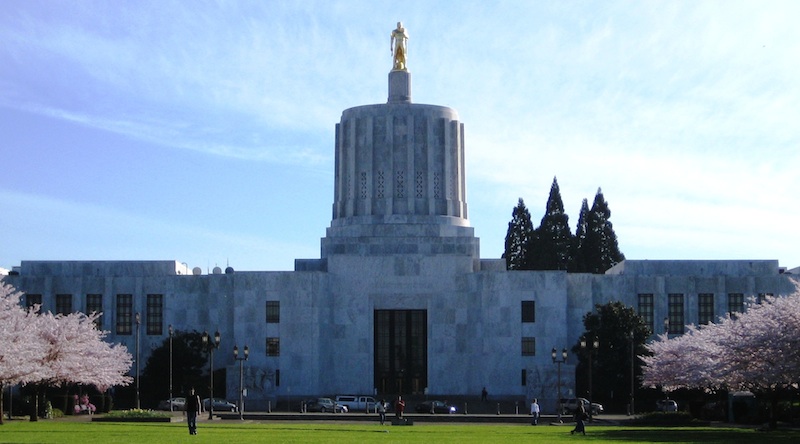
I'm extremely proud of this annual series of reports that follows Oregon's yearly legislative sessions at the Capitol in Salem, focusing on the bills that affect our food system. They give a comprehensive look at legislative process, from the inception of bills, through the committee processes that can amend, kill or pass them on to be voted on in the House and Senate chambers. These reports give you the chance to express your opinions to legislators, which I sincerely hope you do. Look for the new series to start in January on the 2021 session.
Farm Bulletin
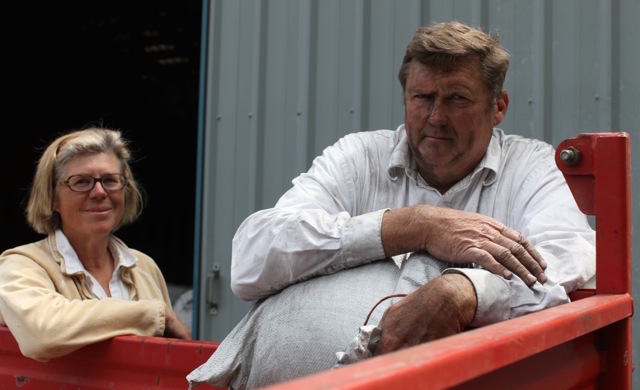
I have been publishing contributor Anthony Boutard's missives from Ayers Creek Farm since 2007, almost exactly a year after first starting this effort. Anthony and his wife, Carol, have been instrumental in teaching me what conscientious, thoughtful, respectful farming looks like, and what it means to steward a piece of ground. His always-stunning prose, as well as his and Carol's friendship, has shaped this blog in ways beyond counting, and I encourage you to read back through them both here on the new site and in the archive. You won't be sorry.
Farmers' Markets Take on the Pandemic
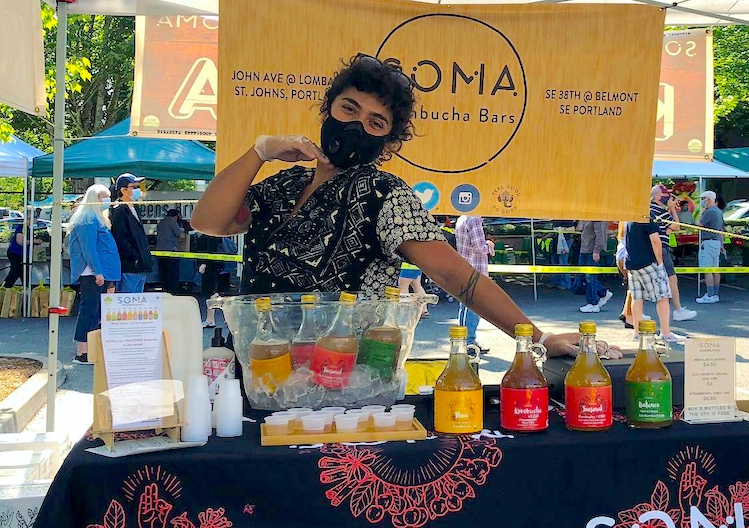
When COVID-19 hit in March, there was no guarantee that our up-to-that-time robust local food system would survive. With the governor instituting a lockdown that month and with a great deal of uncertainty about how the virus was spread or how long it would last, restaurants closed down and grocery stores were being inundated with shoppers "stocking up" (i.e. panic buying) dried beans, canned goods and paper products. The future of farmers' markets was uncertain, but working with state officials and pivoting on a dime as regulations changed, our open-air markets have thrived and provided a lifeline to our small farmers. I'm proud my series of reports on this topic has kept the community informed.
Local Food Gains Traction
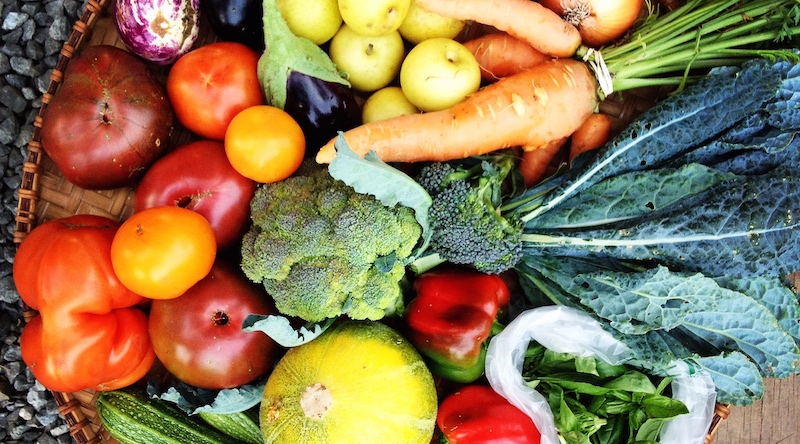
I've been so amazed and inspired by our farmers and ranchers in this pandemic, and I've been taken aback by how fervently the community has embraced and supported them during this most difficult year. From figuring out home delivery to starting Community Supported Agriculture subscriptions to holding a virtual celebration of local vegetables, our food community has proved their ability to overcome obstacles even in a pandemic.
Pesticide Contaminates "Organic" Compost
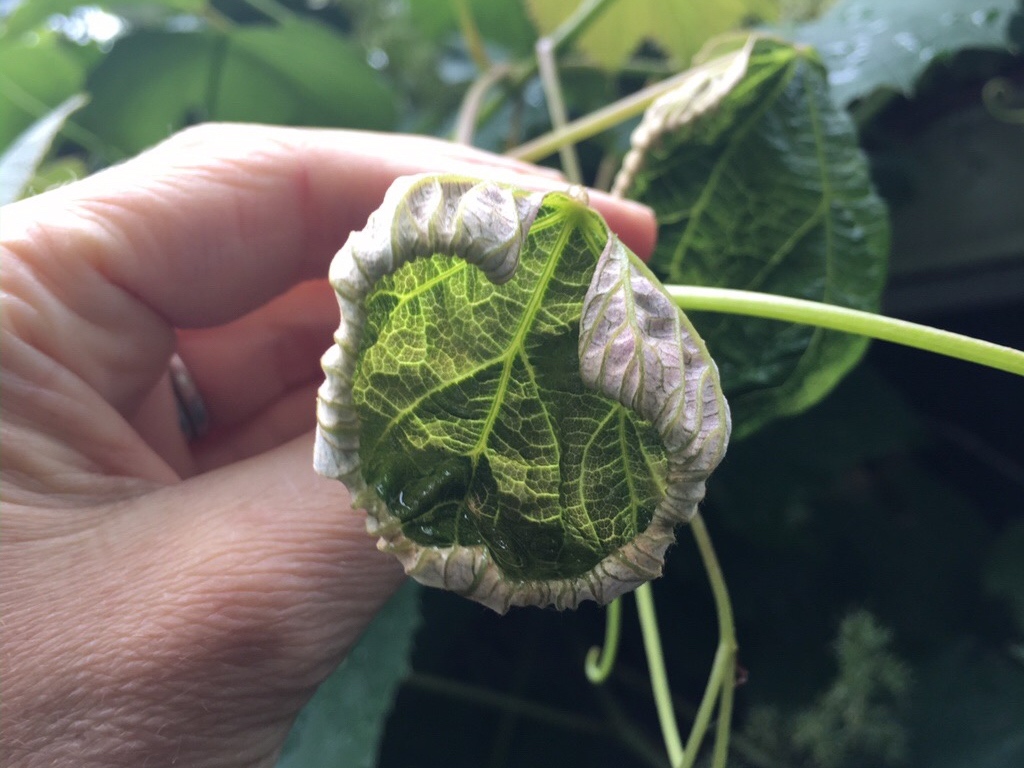
This story originated when I was talking with my neighbor about her extensive vegetable garden. She mentioned that she'd just found out that the gorgeous organic compost she bought from a supposedly reputable local company was contaminated with pesticides. The Oregon Department of Agriculture (ODA) became involved, and a lawsuit seeking compensation is in process. It's a story you can be sure I'll be following as it develops.
COVID Outbreaks Threaten Essential Food Workers
Crowded conditions and lack of proper protective equipment have proved a deadly combination among essential workers at food processing plants like those owned by Tillamook Cheese as well as workers harvesting crops in the fields.
Wildfires
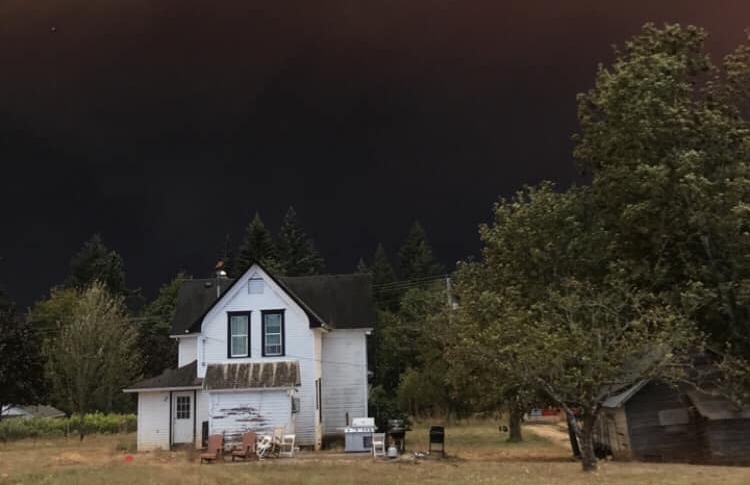
The intense wildfires that raged through Oregon this past summer and early fall had a devastating effect on our rural food system. Many of our farmers and ranchers lost homes, livestock and fields of crops ready for market, some barely making it out with their lives. Many had to move themselves and their animals multiple times to stay ahead of the unpredictable flames. This on top of a punishing pandemic that has no end in sight. Really, 2020?
Dungeness Crab: MIA
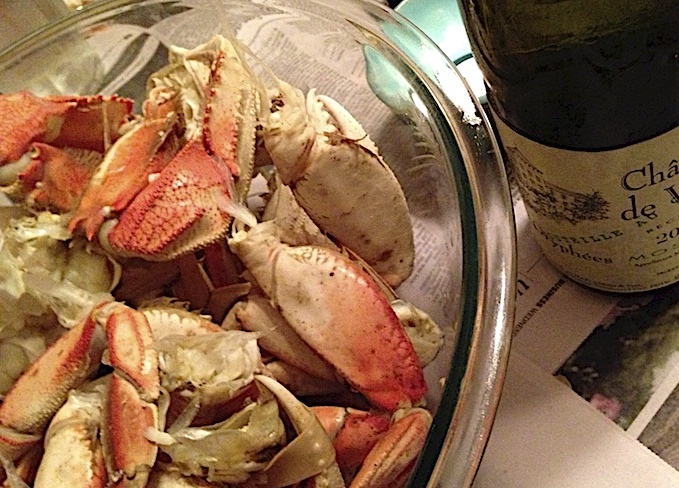
I love our local shellfish and the family-owned businesses that comprise the bulk of Oregon's coastal fishing industry. This story explains the too-opaque, behind-the-scenes machinations by powerful players stifling progress in the name of profit and hurting our food system. (Not to mention our holiday dinner plans.)
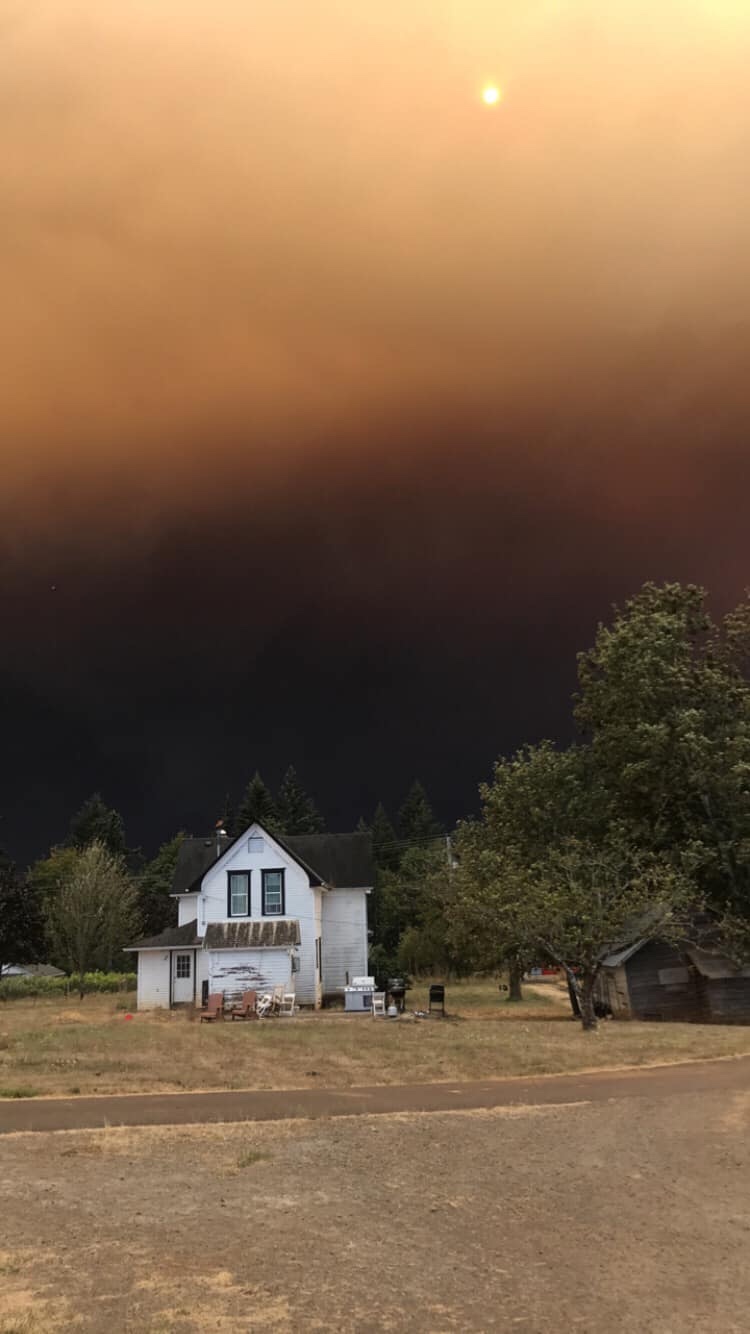 I can stay inside my home with the air filter my husband jury-rigged from a furnace filter and our old box fan, only venturing out briefly when our dog needs a potty break. So many of my fellow Oregonians don't have that luxury because they, like
I can stay inside my home with the air filter my husband jury-rigged from a furnace filter and our old box fan, only venturing out briefly when our dog needs a potty break. So many of my fellow Oregonians don't have that luxury because they, like